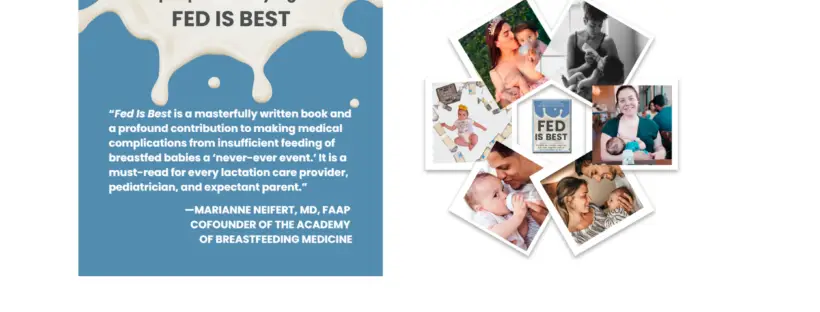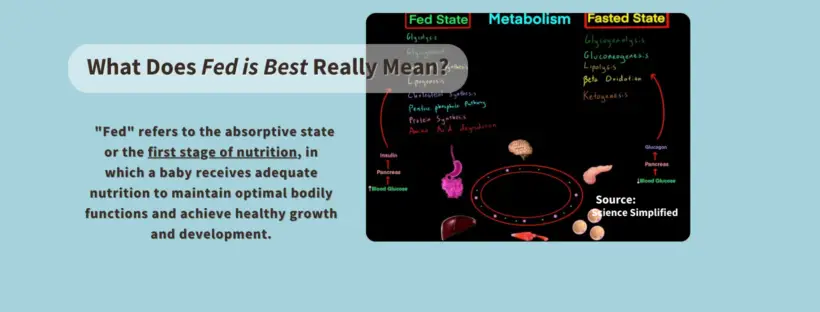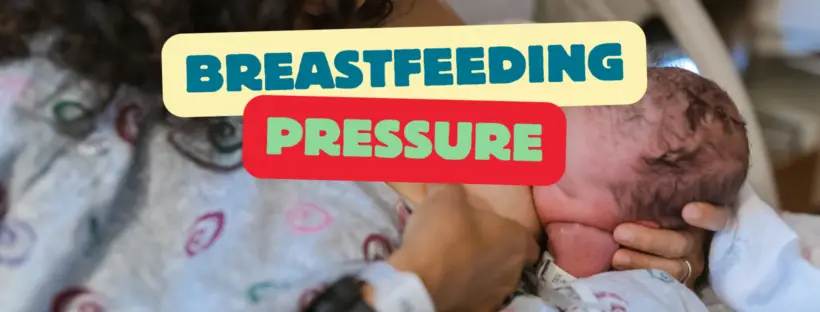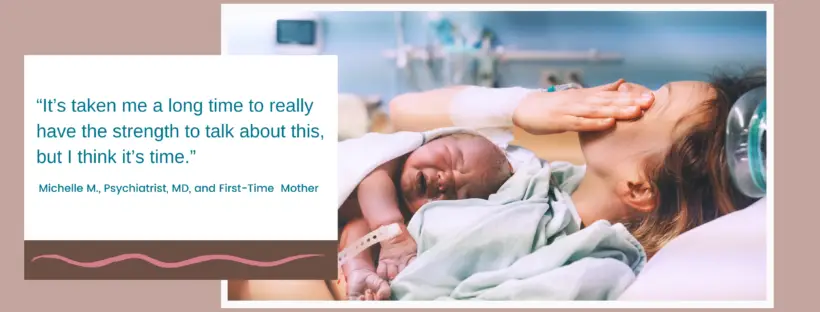In a world filled with infant feeding advice and conflicting messages, a beacon of wisdom and support emerges in “ our newly published Fed Is Best book, The Unintended Harms of the “Breast Is Best” Message and How to Find the Right Approach for You and Your Baby.
 Our transformative book promises to navigate the intricate landscape of infant feeding choices, empowering parents with knowledge and judgment-free support. Our highly anticipated book will reshape the conversation around infant nutrition, offering a comprehensive, science-backed, and inclusive perspective on how families can safely and optimally nourish their babies. Click here to purchase our newly published, groundbreaking book!
Our transformative book promises to navigate the intricate landscape of infant feeding choices, empowering parents with knowledge and judgment-free support. Our highly anticipated book will reshape the conversation around infant nutrition, offering a comprehensive, science-backed, and inclusive perspective on how families can safely and optimally nourish their babies. Click here to purchase our newly published, groundbreaking book!
Let’s Talk About What The Fed Is Best Foundation Stands For
- We are committed to providing parents with vital knowledge and education about breastfeeding safely, a mission that sets us apart from other healthcare organizations. The data supports our mission: One in 71 exclusively breastfed babies is rehospitalized for serious health complications of insufficient breastfeeding, which is unacceptable. Click here for a FREE infant feeding plan.

Our book received endorsement from Dr. Marianne Neifert, pediatrician and co-founder of the Academy of Breastfeeding Medicine.




